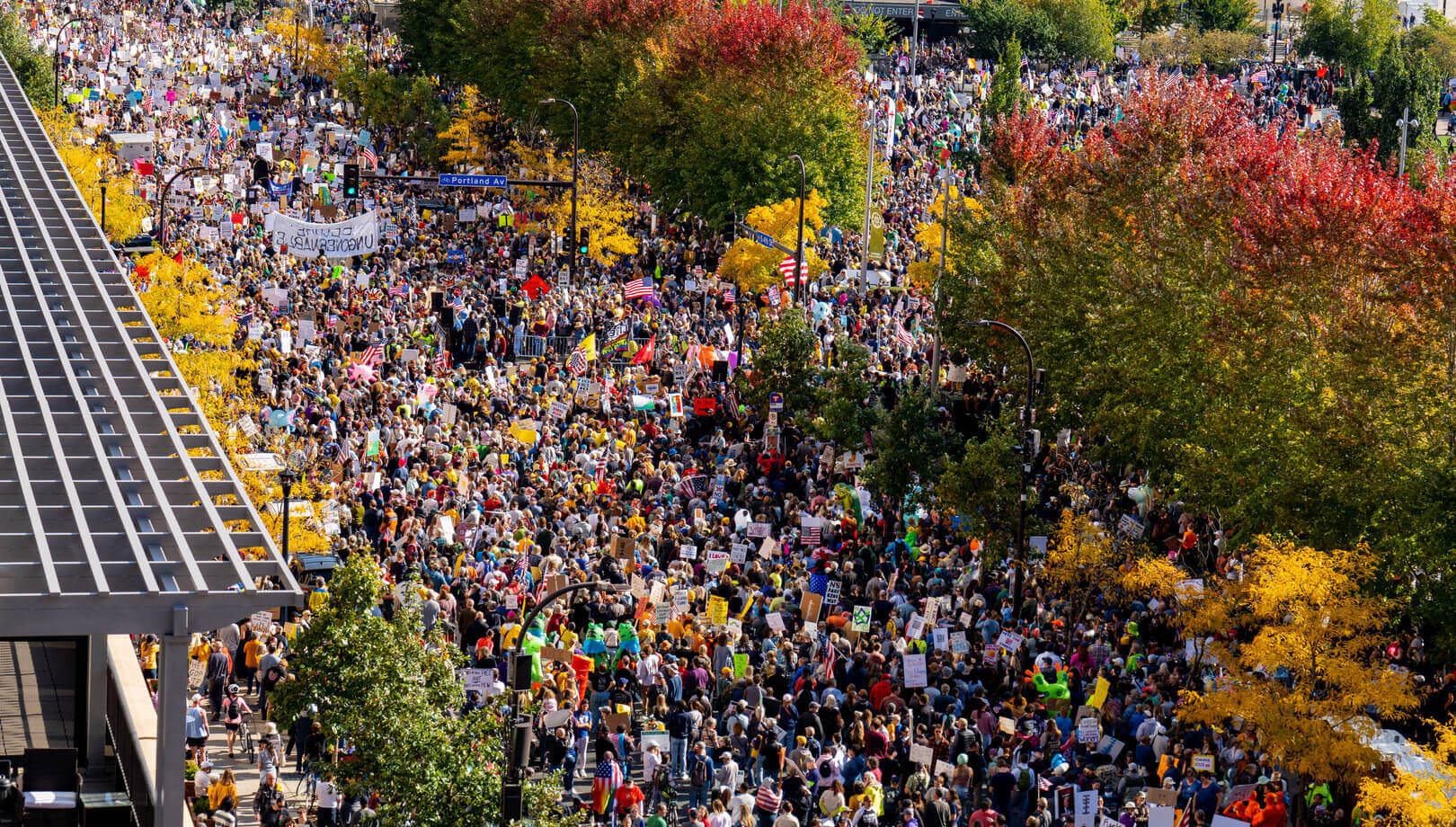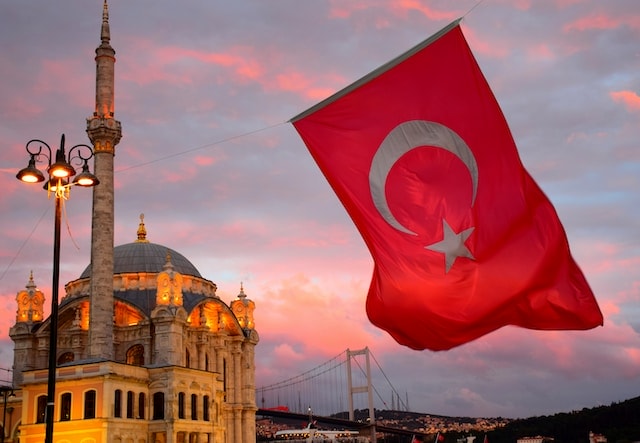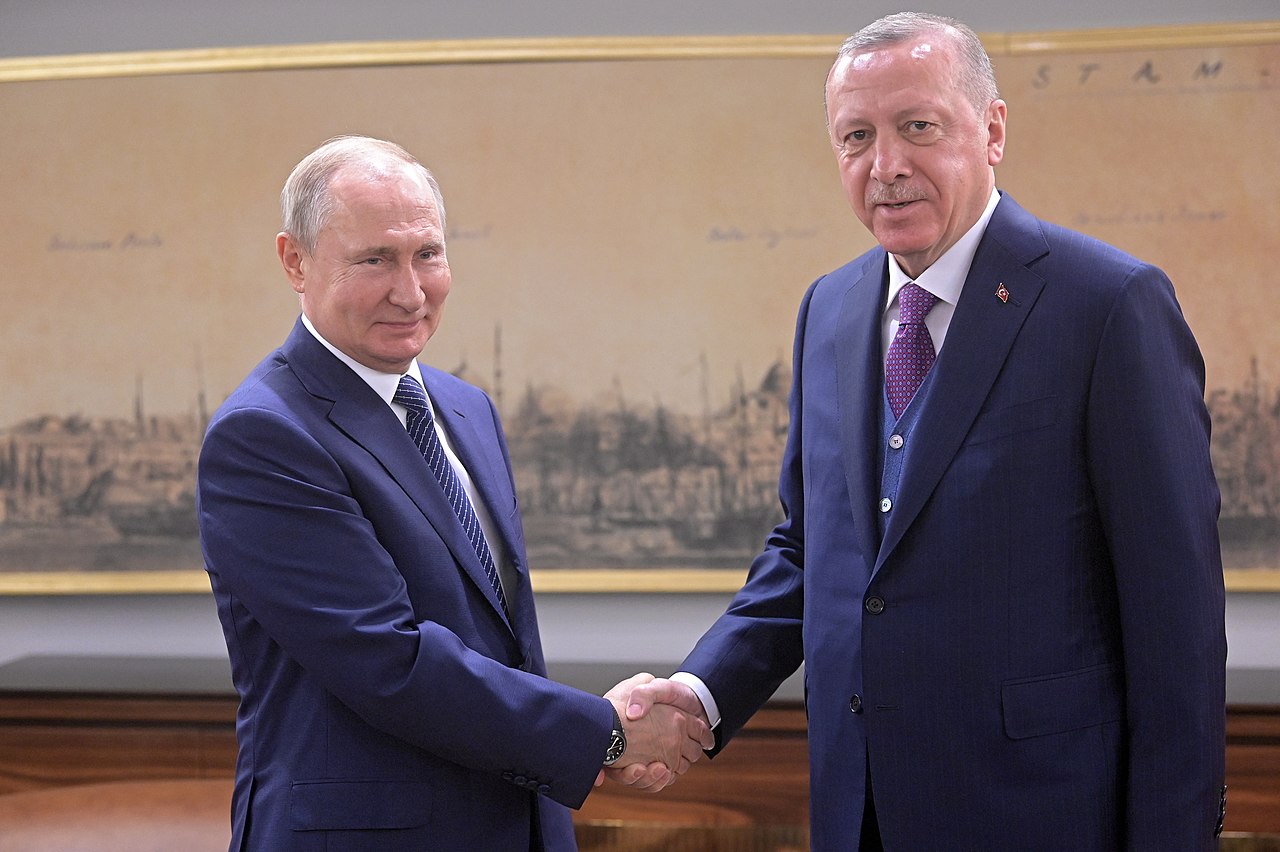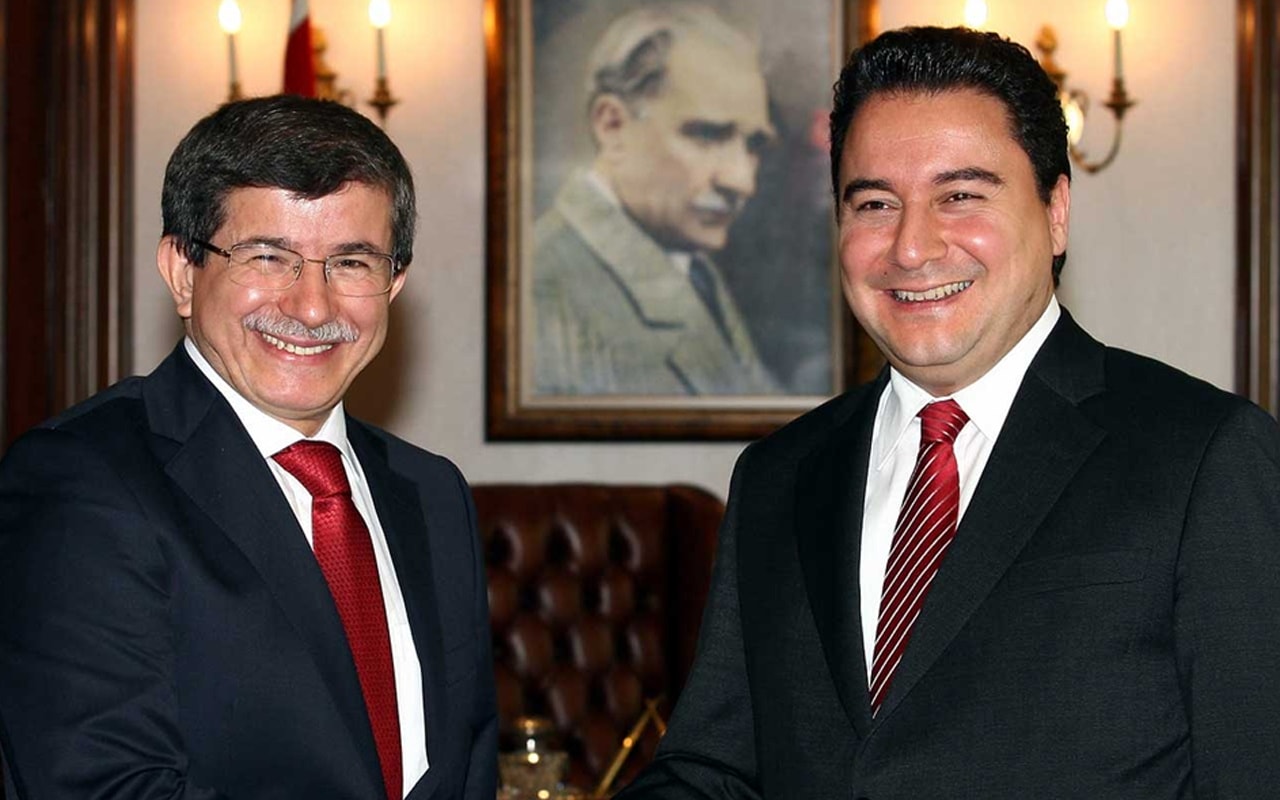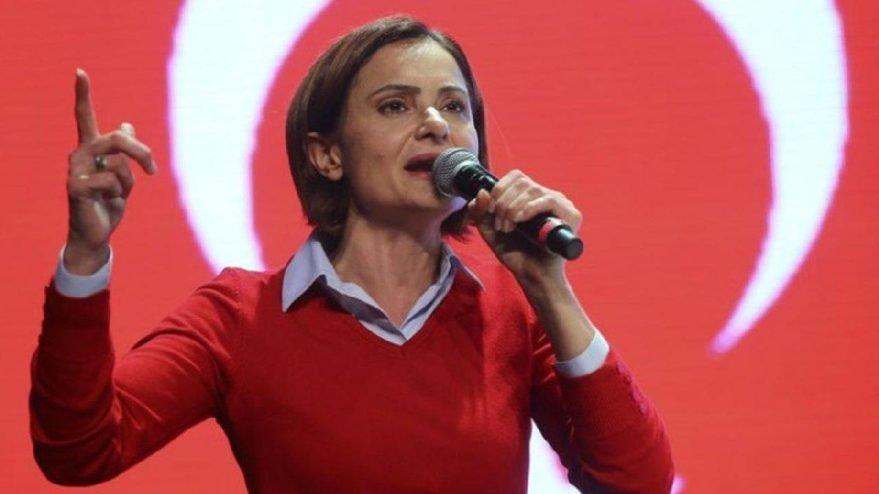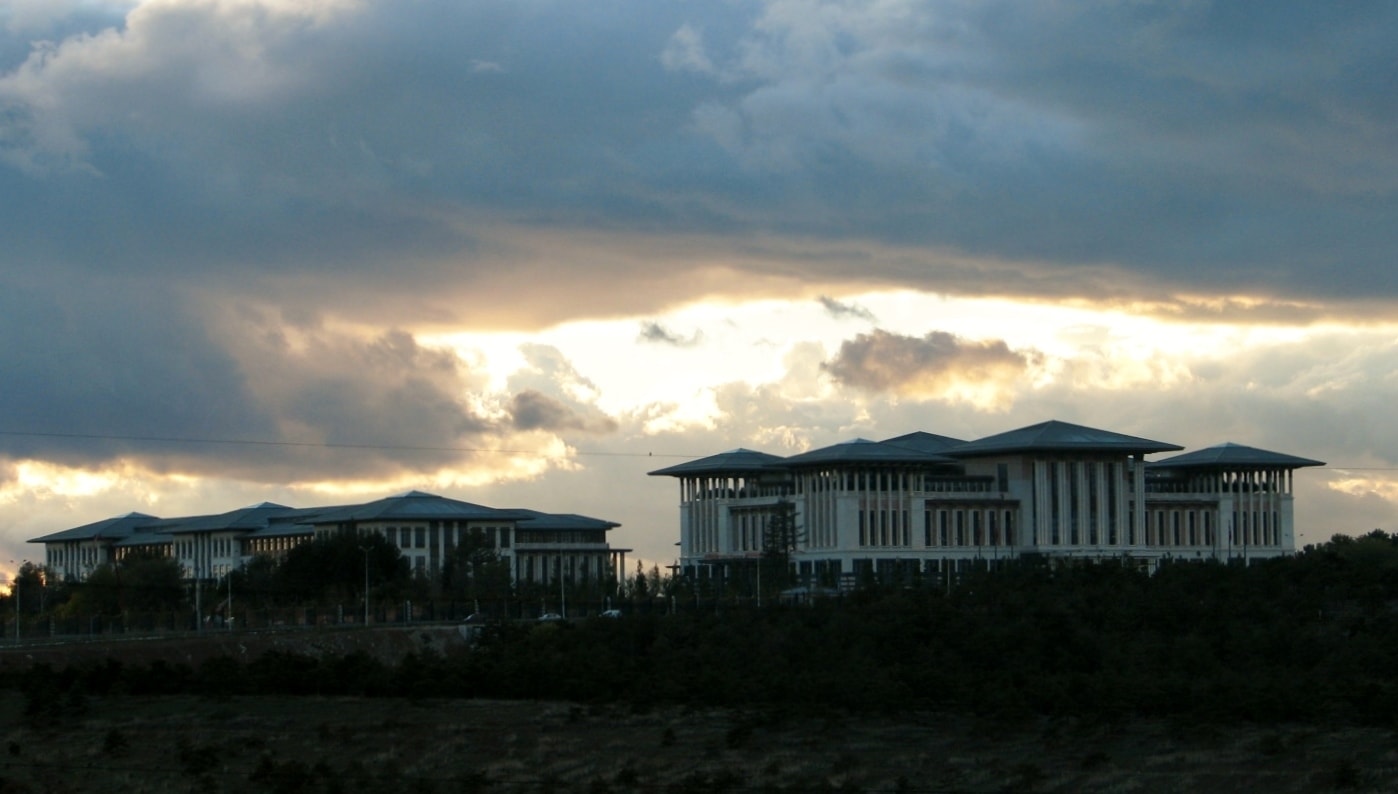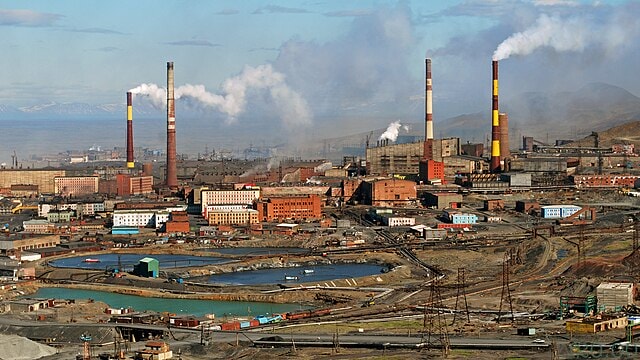“He is a phenomenon, mate,” said an Uber driver to me some months ago in London, “He is ‘the leader’. He won’t lose.” It was Recep Tayyip Erdogan, the President of Turkey, he was talking about. We were having a short chat about the upcoming mayoral elections, which took place on the 31st of May. The driver was from a Greek family, lived in Istanbul for a while, and he was interested in Turkish politics. From his perspective, Erdogan was the ‘strong leader’, who cannot be defeated. He was the “phenomenon” – but Turkey’s political sphere changed dramatically since then.
The re-run for the Istanbul municipal election, lacking a satisfying legal basis to be repeated, held on 23th of June, resulted in a second crushing victory for opposing Republican People’s Party’s (CHP) candidate, Ekrem İmamoğlu, who beat his rival, Binali Yıldırım, former Prime Minister, Speaker of the Parliament, and an Erdogan-loyalist, from the ruling Justice and Development Party (AKP) with 54% of the vote, expanding his margin from 13,000 in the 31 March election to more than 800,000 votes. Although the voters chose between Yıldırım and İmamoğlu, it was clear that Erdogan’s leadership was being examined too. The presidential system he built and the political landscape he established turns every election into a referendum in which the public votes for or against Erdogan. Consequentially, he regained his legitimacy in every election Turkey held in the last two decades.
Erdogan has not lost an election since 1994, when he became the Mayor of Istanbul, with gaining only 24 per cent of the votes. In those years, the mainstream media was demonizing, ignoring, and radicalizing him; with his words, he “fought with the headlines”. When Erdogan went to prison because of a poem he read during a meeting, then most-selling Turkish newspaper, Hürriyet, run the headline “Form now on he cannot even become a reeve”. However, those insults boosted his leadership and Erdogan’s political journey started from the bottom, a prison-cell; ended up in the 1000-room presidential palace he built. He became ‘the phenomenon’.
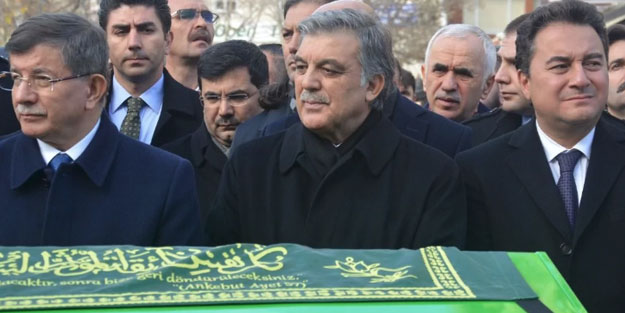
On the other hand, it seems that the same story applied to Erdogan now coincides with İmamoğlu. As the well-known, exiled Turkish journalist Can Dündar wrote after the elections, “Erdogan gave the ‘shirt of insults’ to his competitor”. After winning on 31st of March by “fighting with the headlines” and by challenging the political AKP elite, İmamoğlu gained a new story to tell – just like Erdogan once had. The Electoral Board’s controversial decision to re-run the mayoral elections in Istanbul strengthened Imamoglu’s hand because it became clear for many Erdogan supporters that justice was broken. The margin between two candidates inclined dramatically because of that.
Additionally, Imamoglu’s ability to mobilize people from different backgrounds cannot be ignored. In the last month, as I was following his campaign in Istanbul, on the ground, I saw both people from Islamic backgrounds with their headscarves on, and people who drank beer after listening to him, at his rallies. Imamoğlu did not talk about high politics, did not show ideological taboos; he argued that he was presenting “the whole people”. Although it sounds like populist rhetoric, Imamoğlu did not polarize or decided on “who the ‘real people’ is”. On the night of the election, the results made clear that he convinced people from both ends of the ideological spectrums: Both socialists and nationalists voted for him. He changed the status quo; showed everyone that “even Erdoğan” can be defeated.
Executive chairman of the Istanbul-based think tank EDAM, Sinan Ülgen, rightfully argued in The Guardian that Imamoğlu’s victory means “very little in Turkish politics in the near term. But it has the potential to change everything in the long run.” As a mayor, Imamoğlu’s playground is small. However, his landslide win will have bigger outcomes: For instance, according to various sources, former minister of the economy from AKP, Ali Babacan, along with the former president, Abdullah Gül, are forming a new opposing party, which will arguably dominate political discussion and mobilise AKP supporters who are suffering the economic consequences of Erdogan’s “one-man rule”. Additionally, opposing CHP will rule 9 of the 10 biggest cities of Turkey, which account for 70 per cent of the GDP. If they can build a new model and serve the needs of the people, the motivation they gained will most likely turn into more support in the next general and presidential elections. Lastly, it is also arguable that the far-right Nationalistic Party (MHP), allied with Erdogan’s AKP in the Parliament and provides them with the majority can draw back its support because to win back Kurdish people’s votes in Istanbul, Erdogan used the leader of the Kurdish terrorist organization PKK.
As the political scientist and political advisor Özge Mumcu Aybars, highlighted in a Tweet, Erdogan “started to win with mayoral elections, he began to lose with them too”. Although it is uncertain whether Imamoğlu will succeed Erdogan or not; it is almost crystal-clear that the electorate in Istanbul showed both to Turkey and to the rest of the world that Erdogan’s image is broken. He is losing.
EDITOR’S NOTE: The opinions expressed here by Impakter.com columnists are their own, not those of Impakter.com.



